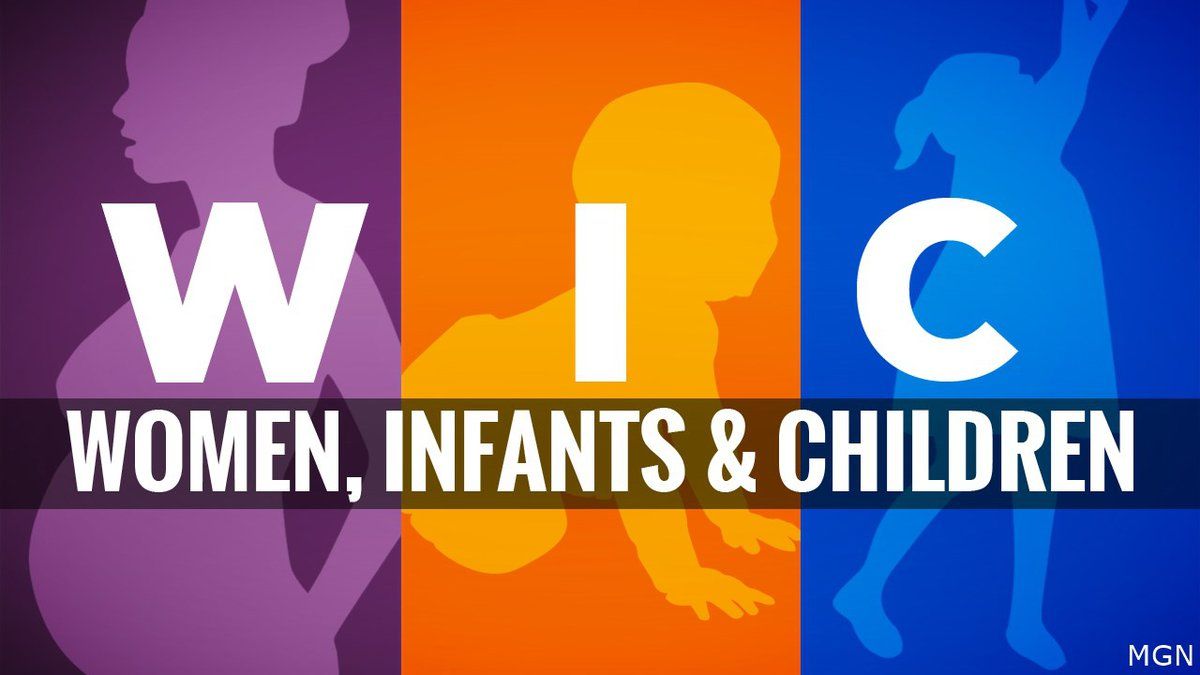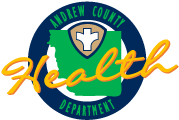
Savannah, Missouri, May 19, 2023 — The Andrew County Health Department has been awarded a $397,105.00 grant to implement a WIC Community Innovation and Outreach Project (WIC CIAO). WIC CIAO is supported by the U.S. Department of Agriculture (USDA) Food and Nutrition Service and aims to support efforts to develop, implement, and evaluate innovative outreach strategies to increase awareness, participation, and benefit redemption in the Special Supplemental Nutrition Program for Women, Infants, and Children (WIC), and reduce disparities in program delivery.
“Too many women and children in Missouri are missing out on the nutrition they need in order to thrive,” said Jayne White, Director of Clinical & Emergency Operations, Andrew County Health Department. “We are proud to be part of this critical initiative to identify new ways of connecting people to WIC.”
The Andrew County Health Department was selected through a highly competitive grant process. Andrew county Health Department's project aims to strengthen WIC outreach, enrollment, and retention within rural Andrew County as well as neighboring areas of Northwest Missouri. Their project will expand partnerships and use census data to target outreach where there is likely a higher proportion of eligible WIC families in the county. Andrew County Health Department will use participant and community feedback to inform their outreach strategies and the development of a Peer-to-Peer feedback referral program, targeted digital marketing campaign, and program development and branding of Mothering Mondays and Walk-in Wednesdays. Lessons learned from the project will have scalability considerations for rual areas across America especially in reaching under served populations.
In Missouri, WIC provides healthy foods, nutrition education, breastfeeding counseling and referrals for 87,061 participants, including 14,159 pregnant and postpartum individuals, 23,065 infants up to 12 months, and 42,485 children up to age 5.
In 2020, only 50 percent of all eligible individuals nationwide participated in WIC, equating to a shortfall of almost 6 million individuals. The WIC CIAO Project aims to change that by expanding partnerships with community organizations and using community-level data to develop and implement innovative WIC outreach efforts.
Reaching more families with WIC will have positive impacts on the community. WIC has been shown to provide wide-ranging benefits, including longer, safer pregnancies, with fewer premature births and infant deaths; improved dietary outcomes for infants and children; improved maternal health; and improved performance at school, among others. In addition to health benefits, WIC participants showed significant savings in health care costs when compared to non-participants.
In total, there are 36 WIC CIAO awardees made up of WIC state and local agencies, including tribal nations, and nonprofit entities and organizations.
WIC CIAO is administered through a USDA cooperative agreement with the Food Research & Action Center, in partnership with the Gretchen Swanson Center for Nutrition , the Native American Agriculture Fund , and UnidosUS. WIC CIAO is part of USDA’s Food and Nutrition Service broader initiative to modernize WIC.
Visit hellowic.org
to find out more about the WIC CIAO Project and awardees, and sign up for updates on WIC CIAO events and announcements.
####




